“My guess is we'll have AI smarter than any human by the end of next year or so,” said the billionaire CEO of Tesla, SpaceX and SpaceX.
Within the next five years, AI capabilities will likely surpass those of all humans, Musk predicted in an interview with Norges Bank Investment Management CEO Nicolai Tangen on Monday.
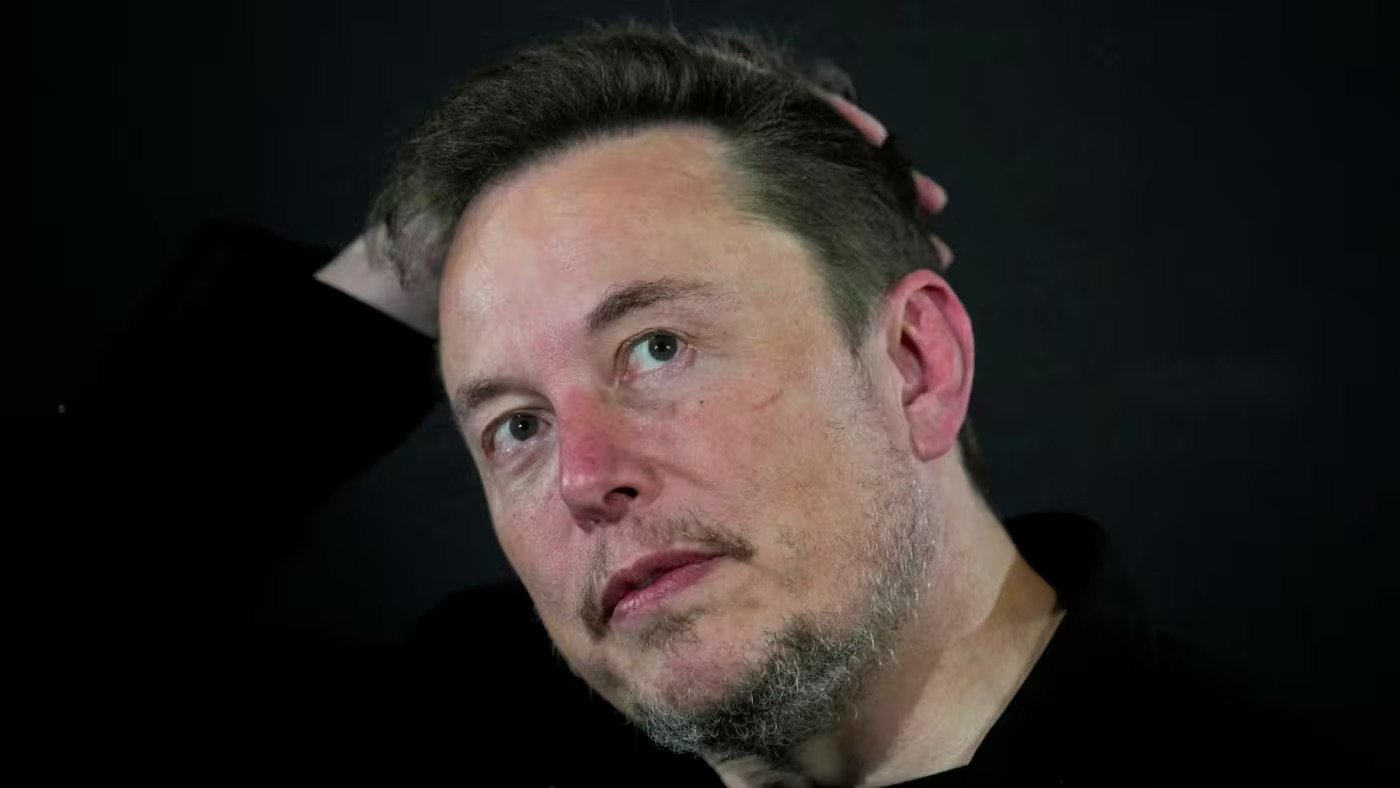
Elon Musk has previously predicted that AI will surpass human intelligence by 2029. Photo: Kirsty Wigglesworth/AP
Musk has always been optimistic about the development of Artificial General Intelligence (AGI), and believes that AI tools will be so powerful that they can beat the most capable individuals in any field.
A number of AI breakthroughs over the past 18 months, including the launch of video creation tools and more capable chatbots, have pushed the field of AI forward faster than expected. Demis Hassabis, co-founder of Google’s DeepMind, predicted earlier this year that AGI could be achieved by 2030.
Development has been slowed by bottlenecks in the supply of microchips, particularly those made by Nvidia, which are essential for training and running AI models. Musk said those constraints have eased, but the new models are now impacting other data center equipment and the power grid.
Musk’s eagerness to join the AI race contrasts with a prominent position he took last year, calling for a moratorium on the development of advanced AI. He warned of “profound risks to society and humanity” posed by super-powerful AI tools and called for an immediate halt to training any system more powerful than OpenAI’s GPT-4, the market-leading model.
On Monday, Musk said his own AI startup xAI is training a second version of the Grok model “that we think will be better than GPT-4.”
Musk has shifted more time and resources to xAI over the past year. Musk is trying to raise billions of dollars from investors in the United States, the Middle East, and Hong Kong to compete with OpenAI, in a funding round that could value the company at $18 billion, according to people familiar with the process.
Musk has played a central and often controversial role in developing new AI tools over the past decade.
He co-founded OpenAI in 2015 but left the company in 2018 after falling out with CEO and co-founder Sam Altman over the vision for AI.
Musk sued OpenAI and Altman for breach of agreement in March, accusing them of compromising the startup's stated mission of building AI for the benefit of humanity — an allegation OpenAI has denied.
Mai Van (according to FT)
Source


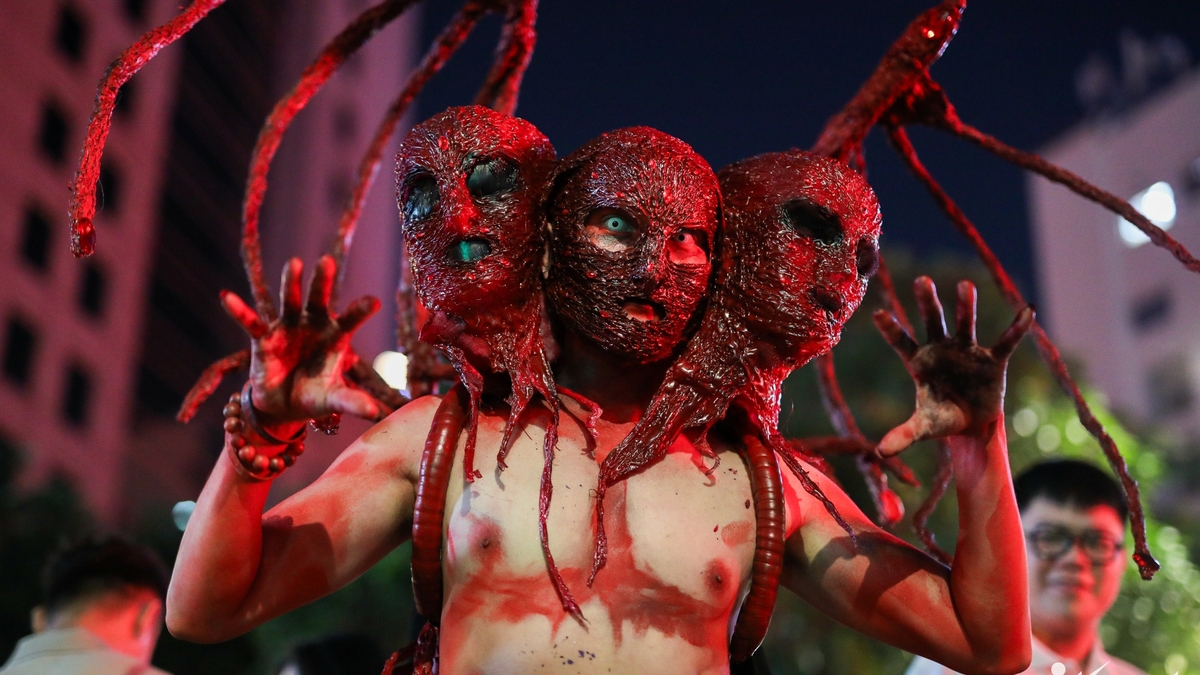


![[Photo] Nhan Dan Newspaper displays and solicits comments on the Draft Documents of the 14th National Party Congress](https://vphoto.vietnam.vn/thumb/1200x675/vietnam/resource/IMAGE/2025/10/26/1761470328996_ndo_br_bao-long-171-8916-jpg.webp)


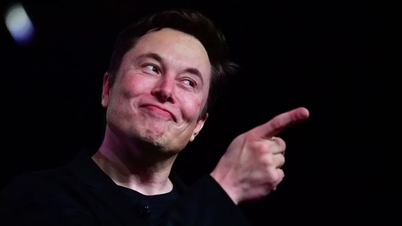

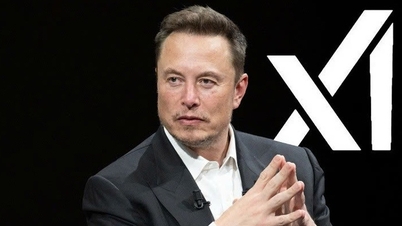

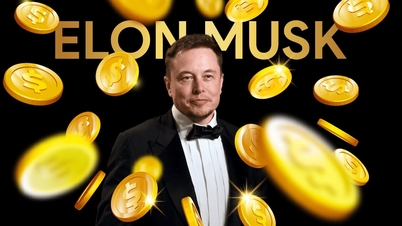
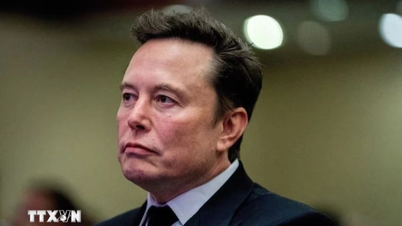

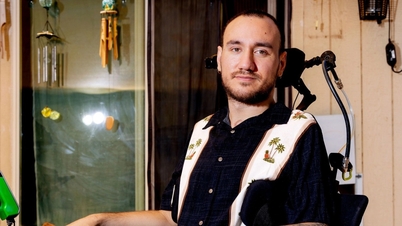


















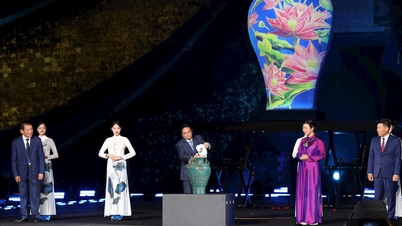



































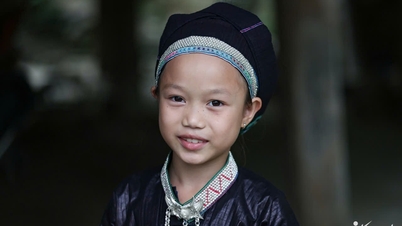
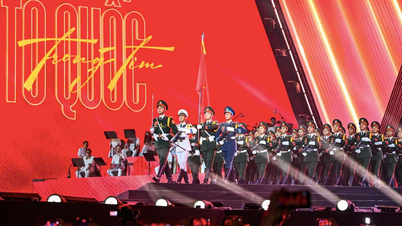

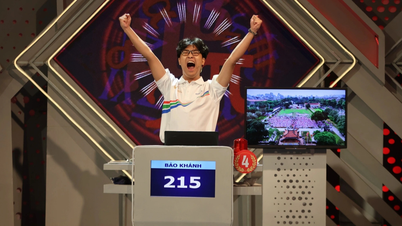


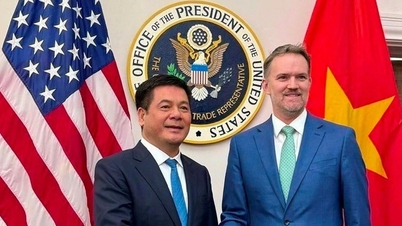


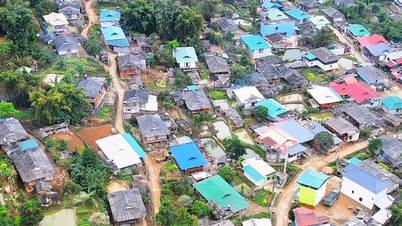
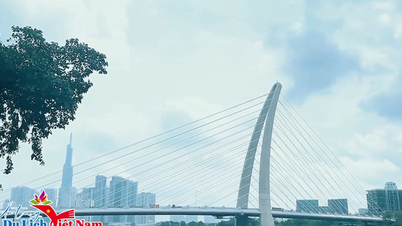
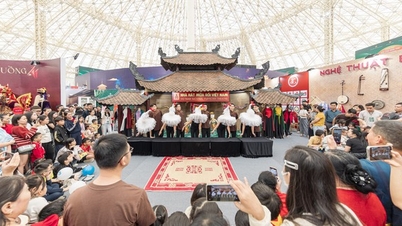
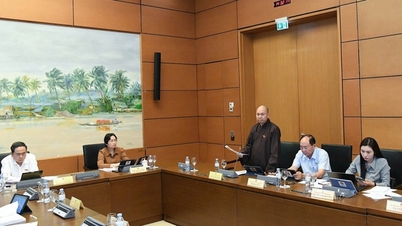
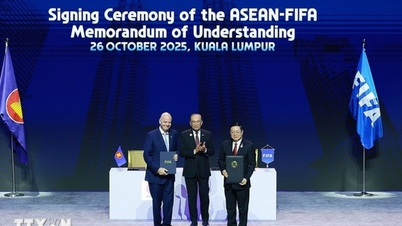






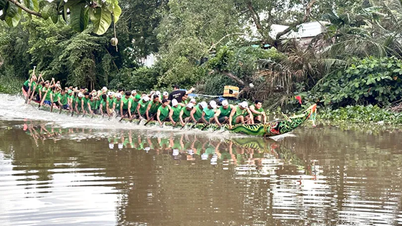
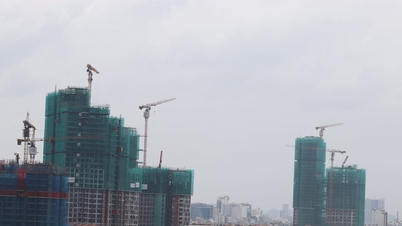

















Comment (0)